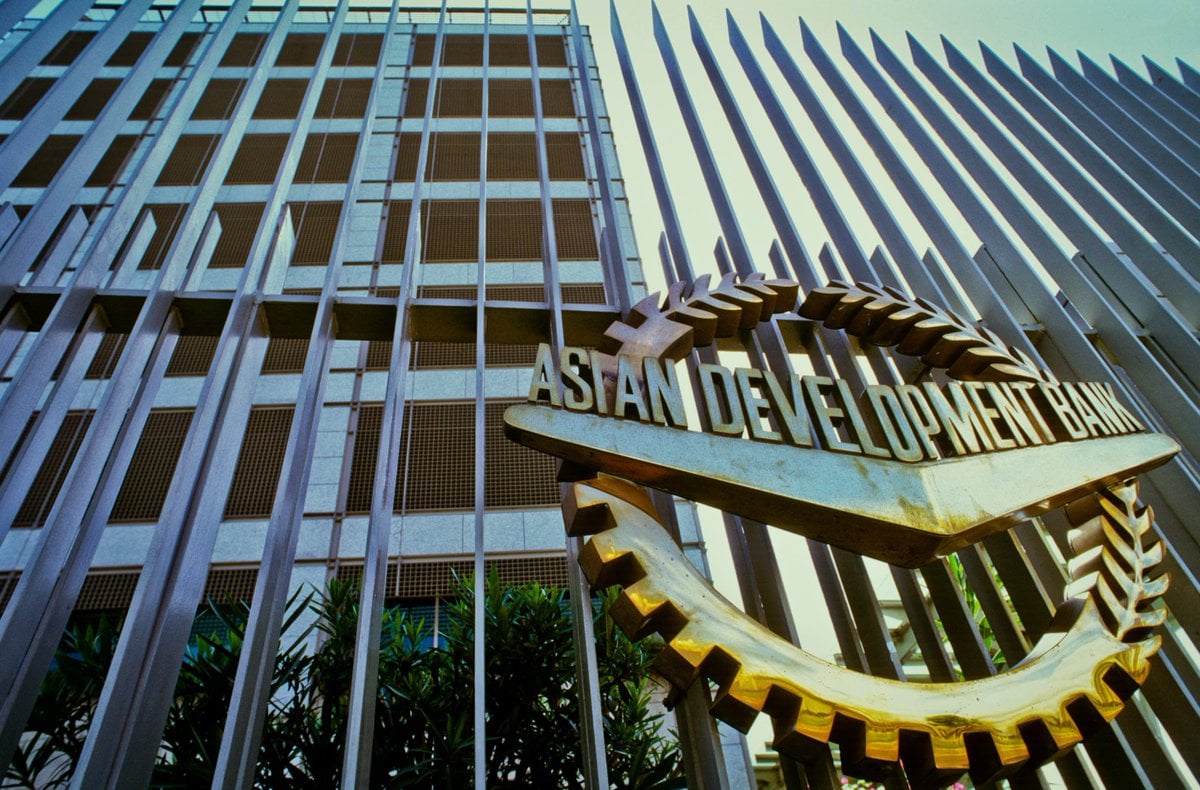PTBP Web Desk
The National Assembly Standing Committee on Finance and Revenue has voiced significant concerns regarding certain clauses within the recently introduced “Tax Laws (Amendment) Bill, 2024”, citing potential serious economic implications for Pakistan. This discussion took place during a session where the Minister of State for Finance and Revenue, along with the Chairman of the Federal Board of Revenue (FBR), presented insights on the proposed fiscal adjustments.
In response to the contentious nature of the Bill, the Committee decided to form a sub-committee tasked with resolving disputes between the FBR and various stakeholders. The primary focus of this group is to determine appropriate limits for transactions, particularly those which would be restricted for non-filers under the new amendments. This step was seen as crucial to mitigate the risk of economic downturns or disruptions in major sectors like real estate.
Among the debated points was the FBR’s proposal to suspend the bank accounts of non-registered taxpayers, which would include those not in the Sales Tax regime despite having industrial electricity connections. The FBR highlighted that only a fraction, 30,000 out of 0.3 million industrial connections, are currently registered, indicating a vast potential for increased tax compliance.
On the income tax front, the Bill allows transaction freedom for approximately 30 million people, including immediate family members of the 6 million return filers, to engage in high-value purchases like plots over Rs 10 million or new cars. However, this has sparked debate, with critics like Hassan Bakshi from the Association of Builders and Developers of Pakistan arguing that such restrictions are unprecedented in developed economies like the USA and Canada, potentially stifling property transactions.
The discussion also touched on the broader economic impact, with members from various political parties, including PPP, PTI, and PML-N, questioning the draconian nature of these measures. MNA Hina Rabbani Khar from PPP specifically criticized the sweeping powers these amendments would grant to the tax machinery, advocating for a more balanced approach that does not penalize the general populace.
The debate extended to the ethical and practical dimensions of targeting non-filers, with the committee acknowledging the need for increased tax collection but also wary of the methods proposed. There was a clear call for a more nuanced strategy that would not inadvertently harm the economy or alienate citizens.
In response to criticisms, the FBR introduced an app that allows filers to update or amend their tax returns, potentially increasing their transaction eligibility. This move was seen as an attempt to streamline tax compliance and integrate more individuals into the formal tax system, although its effectiveness remains to be seen.
The Chairman of the committee emphasized the necessity for enhancing tax collection and registration but also directed the FBR to address the Bill’s controversies, suggesting stakeholder consultations to amend any anomalies. The FBR was also tasked with simplifying the registration process to make it more accessible to the general public.




